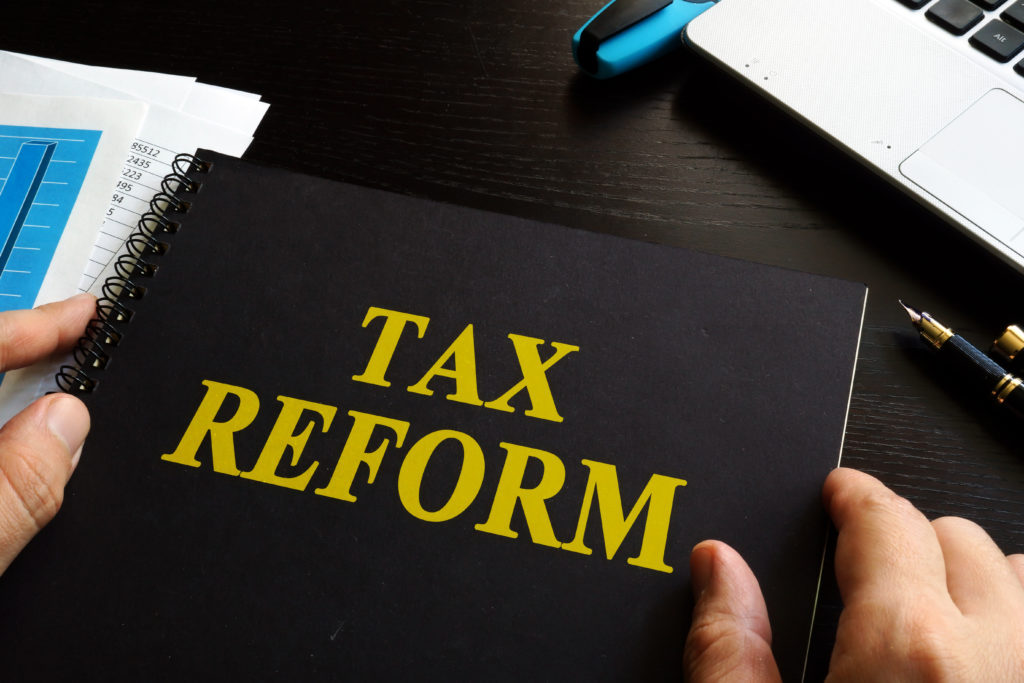Progressive Tax Plan to Gouge the Wealthy Is Gaining Momentum

The progressive tax plan to gouge the wealthy is gaining momentum. The call for taxing the rich to pay for essentially everything is growing among democratic leaders. Or as Trump campaign spokesman Daniel Bucheli put it, “Make no mistake: the only thing Democrats know about taxes is that they’ll raise them.” And according to the latest moves and statements from presidential candidates and other top democratic leaders, this statement appears to be true.
To be clear, not all of the 2020 democratic presidential candidates are pushing for a progressive tax plan. But many of them are and others are not far behind. So far, the leading contender for the White House, former vice president Joe Biden, does not see eye to eye with his top competitors, Bernie Sanders and Elizabeth Warren.
He does favor increasing taxes, but not to the level that Sanders and Warren hope to enact. For example, Warren has already proposed a wealth tax. And then, less than 10 days ago, Warren was back in the headlines, as she shard her plan to expand Social Security. And you might’ve already guessed how she plans to do this.
Warren Proposes New Plan to Boost Social Security
Warren wants to create two more taxes on wages and investment income for high earning Americans. She’s already gained a lot of attention for her proposed wealth tax on people who are worth more than $50 million. Now Warren wants to impose a 14.8 percent tax on individual wages exceeding $250,000, which would be split between employer and employee. Additionally, families who have an income of more than $400,000 would pay a new 14.8 percent tax on their investment income.
According to Warren, her Social Security plan “will literally lift millions of people out of poverty.” And she added, “And you know who is going to pay for it? The top 2 percent.”
And Warren isn’t alone in this progressive tax way of thinking. Bernie Sanders has long been in favor of a progressive tax that would take aim specifically at the country’s wealthiest individuals. But Warren and Sanders aren’t the only democrats in Washington preaching the progressive tax movement.
Leading Senator Adds His Own Plan
Recently, Senator Ron Wyden of Oregon, who is the leading Democrat on the Senate’s tax-writing committee, presented his plan aimed at preventing the wealthy from avoiding taxes on their investment income. Wyden’s plan is aimed at fixing issues with Social Security.
Under his proposal, capital gains would be taxed the same as ordinary income. That means the current top rate of 20 percent would jump to 37 percent. That’s a huge increase, especially for the wealthiest investors. But Wyden wouldn’t stop there. Under his plan, anyone who has earned more than $1 million in income or $10 million in assets three years in a row would be subject to new anti-deferral rules.
In other words, they would be required to pay taxes each year on investment gains from tradable assets. They would also have to pay a “lookback charge” on non-tradable assets, when they sell or transfer those investments.
The Election Results Will be the Key
Of course, the results of next year’s election will play a huge role in how this all plays out. But as it looks now, if the democrats gain control of the White house and/or the Senate, the wealthy better be ready for some big changes.

We hope you found this article about “Progressive Tax Plan to Gouge the Wealthy Is Gaining Momentum” helpful. If you have questions or need expert tax or family office advice that’s refreshingly objective (we never sell investments), please contact us or visit our Family office page or our website at www.GROCO.com. Unfortunately, we no longer give advice to other tax professionals gratis.
To receive our free newsletter, contact us here.
Subscribe to our YouTube Channel for more updates.
Considerately yours,
GROCO, GROCO Tax, GROCO Technology, GROCO Advisory Services, GROCO Consulting Services, GROCO Relationship Services, GROCO Consulting/Advisory Services, GROCO Family Office Wealth, and GROCO Family Office Services.

Alan L. Olsen, CPA, Wikipedia Bio

Proud sponsor of the AD Show.

Capital Gains: Determining Your Tax Basis
Capital Gains: Determining Your Tax Basis The two chief forms of income for most people are “earned” and “unearned” income. Earned income (generally, your compensation for work that you do) is taxed at rates beginning at 10% and rising to 38.6% (in 2003). Capital gain, the income earned from your investments, receives preferential treatment. The…
Making the Most of Home Equity: Tips for Senior Citizens
Making the most of home equity For senior citizens living on fixed incomes, the need to replace a car or do substantial home repairs can disrupt finances. Major unplanned expenses caused by illness or disability can lead to financial disaster. Fortunately, many senior citizens are sitting on a major financial asset: the equity in their…
Keeping Your Health Insurance Premiums Low
Keeping Your Health Insurance Premiums Low Health Savings Accounts (HSAs) offer tax deductions for medical expenses, and the opportunity to set up an additional retirement account. But regardless of any other positive benefit of HSAs, lower premiums are the primary reason that thousands of Americans have chosen Health Savings Accounts as the best way to…
Identity Theft: Has your name been stolen?
Identity Theft: Has your name been stolen? Identity theft—the unauthorized use of an individual’s name or personal information to obtain money or credit—is the fastest-growing white-collar crime. Most probably, more than 700,000 Americans will be victims of it this year, with costs to them averaging over $800 and 175 hours of time spent trying to…


